IS02 - Multiphysics and Coupled Modelling with Particle Methods
Many applications require a multiphysics approach involving different physical phenomena such as solid and fluid mechanics, thermal, electrical or magnetic fields. Different physical fields may be defined in one domain or in connected subdomains. The solution of a multiphysics problem needs consideration of the interdependence between individual physical phenomena and demands a specific coupled solution strategy.
Particle methods, such as the discrete element method (DEM), the smoothed particle hydrodynamics (SPH) or the material point method (MPM), have been successfully applied to multiphysics analysis. Coupled multiphysics simulations with particle methods span fluid-solid interaction, thermal-stress coupling, fluid-solid-thermal coupling, thermo-electro-mechanical coupling, and others. Applications include damage of materials induced by thermal stresses, powder metallurgy processes, additive manufacturing, fluidized beds, and many others. Despite many achievements, multiphysics modelling in general, and multiphysics modelling with particle method in particular, is still a challenge and requires further research.
The session aims to gather contributions presenting the development and use of particle based methods, such DEM, SPH, MPM and others, for modelling of multiphysics problems as well as simulations of engineering applications involving coupling of different physical phenomena, such as mechanical, thermal, electrical, magnetic and others. Solution methods may be developed entirely in the framework of the discrete element method or may include coupling of the discrete element method with other numerical methods. The coupling of different techniques applied in different subdomains (multi-domain problems such as fluid-structure interaction) is also within the scope of the session. The development and applications of particle methods to non-mechanical problems are also welcome.

